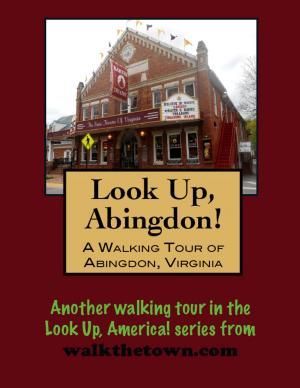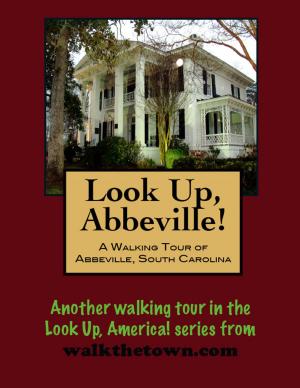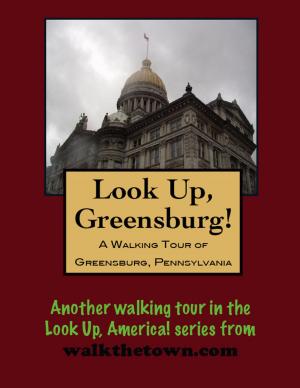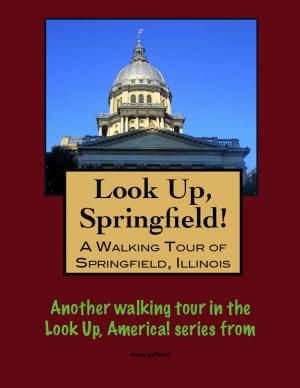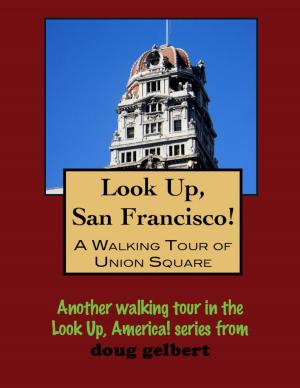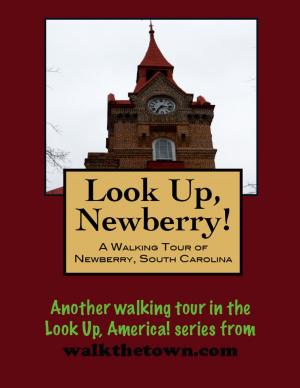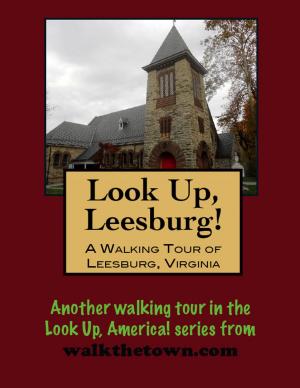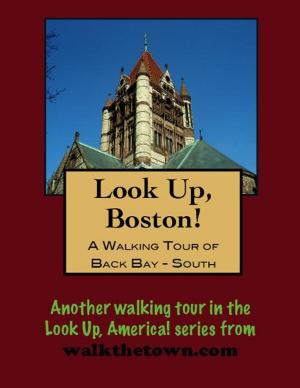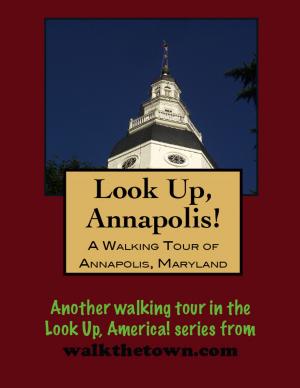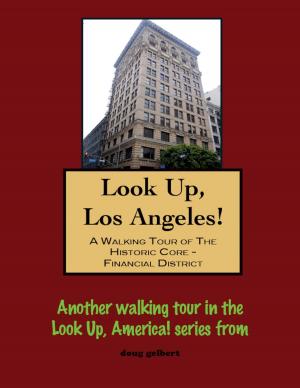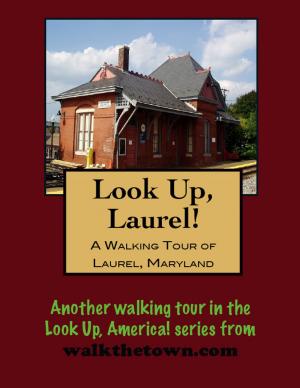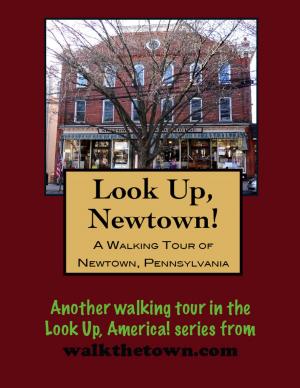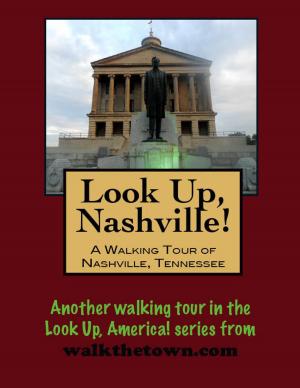Look Up, Youngstown! A Walking Tour of Youngstown, Ohio
Nonfiction, Travel, United States, History, Americas| Author: | Doug Gelbert | ISBN: | 9781465913852 |
| Publisher: | Doug Gelbert | Publication: | November 3, 2011 |
| Imprint: | Smashwords Edition | Language: | English |
| Author: | Doug Gelbert |
| ISBN: | 9781465913852 |
| Publisher: | Doug Gelbert |
| Publication: | November 3, 2011 |
| Imprint: | Smashwords Edition |
| Language: | English |
There is no better way to see America than on foot. And there is no better way to appreciate what you are looking at than with a walking tour. Whether you are preparing for a road trip or just out to look at your own town in a new way, a downloadable walking tour is ready to explore when you are.
Each walking tour describes historical and architectural landmarks and provides pictures to help out when those pesky street addresses are missing. Every tour also includes a quick primer on identifying architectural styles seen on American streets.
John Young was a native New Yorker who purchased 15,560 acres of land from the Western Reserve Land Company for a little more than a dollar an acre in 1797. He surveyed the area and laid out a village and was gone by 1803. Young got immortalized by the town name but James and Daniel Heaton set the course for Youngstown's future in 1802 when they set up a crude smelter on Yellow Creek, reducing the native bog ores with furnaces stoked by the endless hardwoods in the virgin forests.
By the mid-19th century the Mahoning Valley was speckled with several iron foundries and Youngstown was its metropolis. With the coming of the 1900s steel was king and the Mahoning River was lined with Bessemer converters, open-hearth furnaces, strip and rolling mills, pipe plants and manufactories of steel accessories. If you weren't making steel in Youngstown your business was not far removed from the industry in Steel Valley.
The result was there was not the diversification in the local economy that was found in larger industrial cities such as Pittsburgh or Cleveland. And when the steel industry declined the "rust belt" tightened more securely on Youngstown than elsewhere. From a population peak of 170,000 in 1930 the town has lost more than 100,000 citizens and is learning to adjust to life as a small city where the major employer is a university.
The impact on the Youngstown streetscape is a time warp of sorts where the skyline is unaffected by modernization. Some blocks have been cleared and some buildings have been re-adapted but there is much a time-traveler from 75 years ago would recognize today, especially where we will start our walking tour in the heart of downtown...
There is no better way to see America than on foot. And there is no better way to appreciate what you are looking at than with a walking tour. Whether you are preparing for a road trip or just out to look at your own town in a new way, a downloadable walking tour is ready to explore when you are.
Each walking tour describes historical and architectural landmarks and provides pictures to help out when those pesky street addresses are missing. Every tour also includes a quick primer on identifying architectural styles seen on American streets.
John Young was a native New Yorker who purchased 15,560 acres of land from the Western Reserve Land Company for a little more than a dollar an acre in 1797. He surveyed the area and laid out a village and was gone by 1803. Young got immortalized by the town name but James and Daniel Heaton set the course for Youngstown's future in 1802 when they set up a crude smelter on Yellow Creek, reducing the native bog ores with furnaces stoked by the endless hardwoods in the virgin forests.
By the mid-19th century the Mahoning Valley was speckled with several iron foundries and Youngstown was its metropolis. With the coming of the 1900s steel was king and the Mahoning River was lined with Bessemer converters, open-hearth furnaces, strip and rolling mills, pipe plants and manufactories of steel accessories. If you weren't making steel in Youngstown your business was not far removed from the industry in Steel Valley.
The result was there was not the diversification in the local economy that was found in larger industrial cities such as Pittsburgh or Cleveland. And when the steel industry declined the "rust belt" tightened more securely on Youngstown than elsewhere. From a population peak of 170,000 in 1930 the town has lost more than 100,000 citizens and is learning to adjust to life as a small city where the major employer is a university.
The impact on the Youngstown streetscape is a time warp of sorts where the skyline is unaffected by modernization. Some blocks have been cleared and some buildings have been re-adapted but there is much a time-traveler from 75 years ago would recognize today, especially where we will start our walking tour in the heart of downtown...

